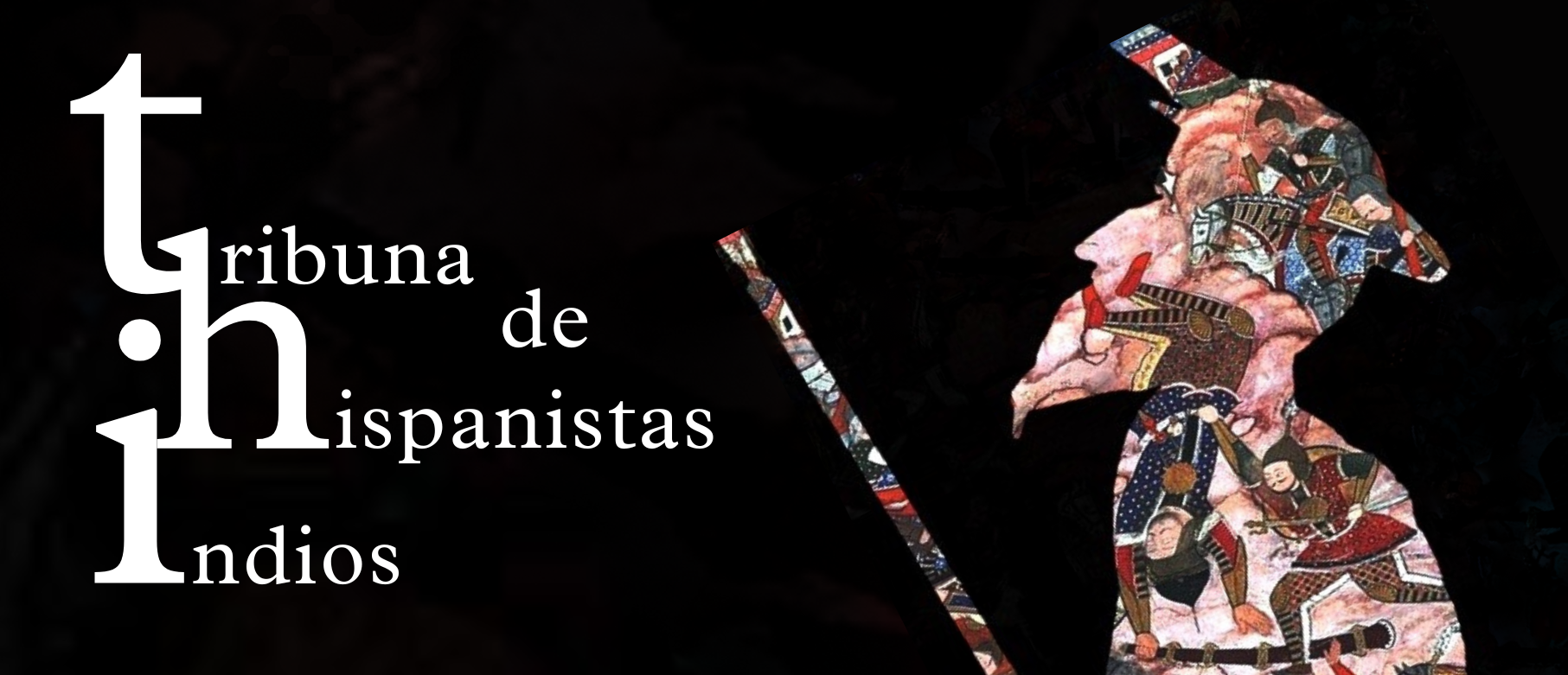Human actors in language policies and planning. Parental strategies for the intergenerational transmission of Galician language
 Tribuna de Hispanistas indios
Tribuna de Hispanistas indios
Intensified by the impact of globalization, the processes of linguistic minorization continue to be present in situations of asymmetric social bilingualism, causing the substitution of minority languages and the present or future marginalization of their speakers. Ethnographic research in the field of Language Policy in recent decades, marked by an agentive approach, has analyzed how new speakers of minority languages propose to preserve and reclaim their languages by introducing them in all situations, from the most informal interactions, such as the use of the language at home, to the most formal ones. All this despite the factors that work against it in many cases. Drawing on Nandi’s (2018, 2023, 2024; Nandi et al., 2023a, 2023b) concept of “family language policy” that focuses on issues of power, ideology, legitimacy and marginalization, this paper examines the relationship between government language policies and their reception by various social agents (e.g. parents).
The analysis of their reception, that is, their denial, negotiation, appropriation or implementation, informs ideologies around the use/non-use of the Galician language in Galicia, a minority official language spoken in a bilingual community in northwestern Spain. Through the use of various techniques for producing empirical material such as field observations, targeted interviews and focus groups, a linguistic audit with the interviewees and a qualitative analysis of this material, this research shows how these actors act as agents of language policy through the use of the Galician language and how this strategic use questions state language policies and, therefore, the status quo of languages in Galicia. This questioning, when translated into collective questioning, can lead to bottom-up resistance language policies in favour of the revitalization of minority languages.
About Dr. Anik Nandi
Dr. Anik Nandi earned his PhD in 2017 as a prestigious James Watt Fellow from the Heriot-Watt University, Edinburgh, United Kingdom. Dr. Nandi is currently working as an Associate Professor of Multicultural Communication in the School of Business at Woxsen University, Telangana, India. He is also the Founding Director of the Centre for Languages and Multicultural Communication, the Founding Director of the first ever Galician Studies Centre in Asia (funded by the Govt. of Galicia, Spain) and Chair for Language Policy Studies in his current institution. Prior to this, Anik worked as a Senior Postdoctoral Researcher at the University of the Basque Country, Spain where he conducted research on the intergenerational transmission of Basque and Galician (in Spain) languages.
The aforementioned project secured an individual funding of 97,800 Euros for 3 years from the Spanish Ministry of Science and Innovation and the European Union’s Covid Recovery Fund. Anik is also a Senior Research Associate (Hon.) at the Sociolinguistic Seminar of the Royal Galician Language Academy (Spain), a Visiting Researcher at the Leiden Centre for Linguistics (The Netherlands), and a Collaborator at the research centre attached to the UNESCO Chair on World Language Heritage in the University of the Basque Country (Spain). Dr. Nandi specialises in language policy and literacy practices in multilingual settings and his research papers appeared in many prestigious international journals linked to Cultural Studies and Applied Linguistics. Since 2021, he works as the Book Reviews Editor of the Sociolinguistic Studies journal (ISSN: 1750-8649; Scopus and Q2), Equinox Publishing, United Kingdom.
